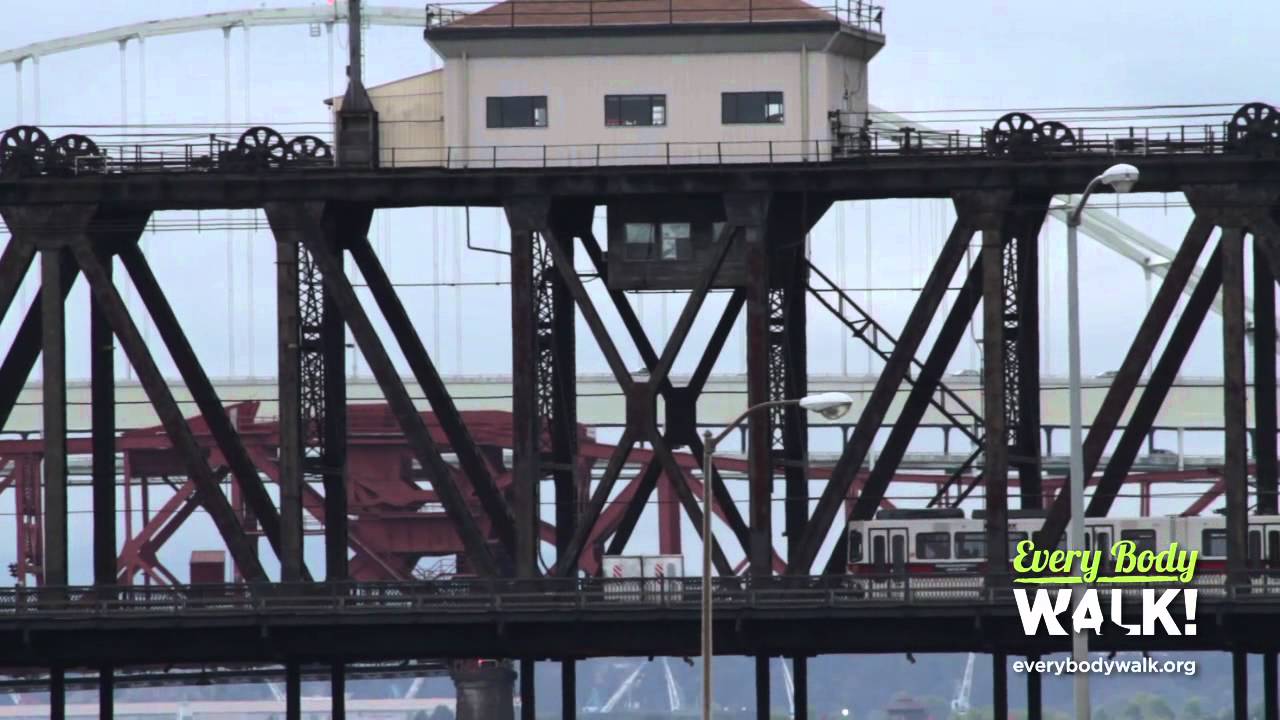The secret is out: people who walk, bike or even use public transportation get psychological benefits from their commute. Those who drive, on the other hand, are worse off for it.
A new study published in Preventive Medicine by three economists from the University of East Anglia and the Centre for Diet and Activity Research (CEDAR) looked at the psychological effects of commuting on nearly 18,000 British commuters between the ages of 18-65-year-old, in 18 waves of surveys between 1991 and 2009. The study focused on commuters who switched from car commuting to alternative commuting, including active travel (i.e. walking or cycling).
The results suggest that avoiding car commuting and opting for walking, biking or even riding transit could have significant positive impacts on your well-being. According to the study, “active commuters felt better able to concentrate and were less under strain than if they travelled by car.”
“Our study shows that the longer people spend commuting in cars, the worse their psychological well-being. And correspondingly, people feel better when they have a longer walk to work,” said Adam Martin, one of the lead study authors from UEA’s Norwich Medical School.
For every 10 minutes of increased commuting time, drivers felt worse and walkers or cyclists felt better, according to the study. Even public transit—with its system issues and uncontrollable delays—turned out to be better than driving.
“One surprising finding was that commuters reported feeling better when traveling by public transport, compared to driving. You might think that things like disruption to services or crowds of commuters might have been a cause of considerable stress. But as buses or trains also give people time to relax, read, socialise, and there is usually an associated walk to the bus stop or railway station, it appears to cheer people up,” Martin said.
These psychological benefits are the latest of the already well-documented physical benefits of walking or cycling. But many of those studies focus on the benefits of exercise during leisure time; the UK study authors wanted to examine physical activity undertaken while traveling to work because it is and could be a daily routine activity, instead of just one for exercise or pleasure.
The information could be used to make transportation policy decisions, the study authors suggest.
“The positive psychological well being effects identified in this study should be considered in cost–benefit assessments of interventions seeking to promote active travel,” according to the study authors.
So the next time your local transit agency is debating the merits of adding bike lanes to a road redesign, you can tell them to count the happiness of commuters among the benefits.
September 30, 2014
By:Shaun Courtney











